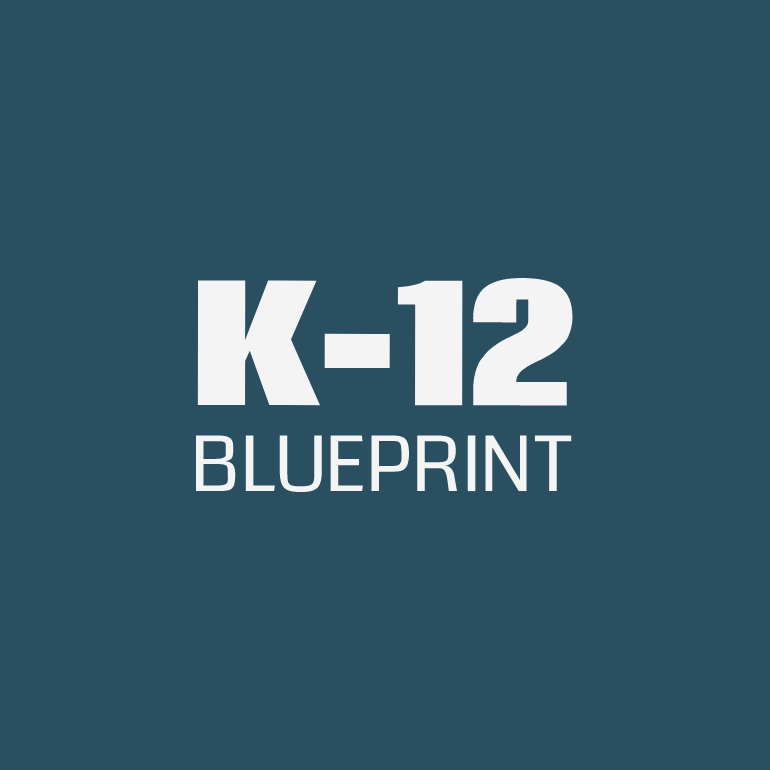SHI's Value to Digital Transformation in Schools

The 21st century classroom is a world's fair of technological and innovative advances.
For example: Enter Knightdale High School of Collaborative Design in Wake County, North Carolina and you may encounter teachers creating virtual field trips to national parks on interactive smartboards, students rearranging maker space furniture to facilitate collaboration, 3D printers spitting out the raw materials to build scale model bridges, and of course, textbooks replaced by Chromebooks.
With all these modernisms, it stands to reason that teaching methods are quickly evolving as well. One such methodology is Project Based Learning (PBL). This technique involves students working for an extended period of time to investigate and respond to an authentic, engaging, and complex question, problem, or challenge.
PBL includes eight essential project design elements:
- Key knowledge, understanding, and success skills
- A challenging problem or question
- Sustained inquiry
- Authenticity
- Student voice and choice
- Reflection
- Critique and revision
- Public project
Learning By Doing
Knightdale has converted completely to a PBL curriculum, with goals of improved test scores and graduation rates, increased student engagement, accelerated staff capacity, and leadership growth.
A Wake County PBL board member said of the transformation: "Educators are always looking for innovative ways to instruct students. Project based learning takes theoretical concepts learned in the traditional classroom and applies them to real world problems. With a School-to-Career Business Alliance, community business leaders are able to allow students to apply concepts learned in the classroom to problems occurring in local business."
Thus far, the administration, teachers, and students have benefited from PBL. In 2015, Principal Jim Argent's first year at the helm, the graduation rate rose 7% to 88.8%. Not only was this higher than Wake County Public School System's district average of 86.1%, but it was the district's highest rate ever.
The school favors Shark Tank-esque presentations over exams, believing that this peer-focused evaluation style is more beneficial to entrepreneurial students. Argent explains, "Collaboration is a vital skill that must be taught to students. [Projects] are only limited by student ideas."
To complement this style of education, Argent is a proponent of high-tech classrooms that resemble Google headquarters more than the rigid hierarchies of a traditional classroom: "We must move beyond desks and rugs."
The Goods to Be Great
These days, Knightdale has incorporated laptops, iPads, Wi-Fi streaming, large format displays, high quality A/V equipment for student television productions, as well as maker space redesigns of classroom furniture and planned open spaces.
"The influx of different technology platforms has allowed project based learning to flourish. With cloud platforms that allow for increased collaboration inside and outside the classroom and mobile applications that allow teachers to communicate with parents, technology demands will only increase in the future to support different teaching methods," the Wake County board member concludes.
With this type of sweeping technology reformation, schools need agnostic expert support to choose the right solutions for their needs.
SHI International Corp. has a brand new Digital Transformation Toolkit designed to help schools choose the ideal devices to support their PBL initiatives. By modernizing the classroom, there's greater student engagement, more efficient use of class time, and customization like PBL — all keys to a more effective education process.
Contact SHI today for more information about how we can help you transform the education process for today's students and tomorrow's leaders.




